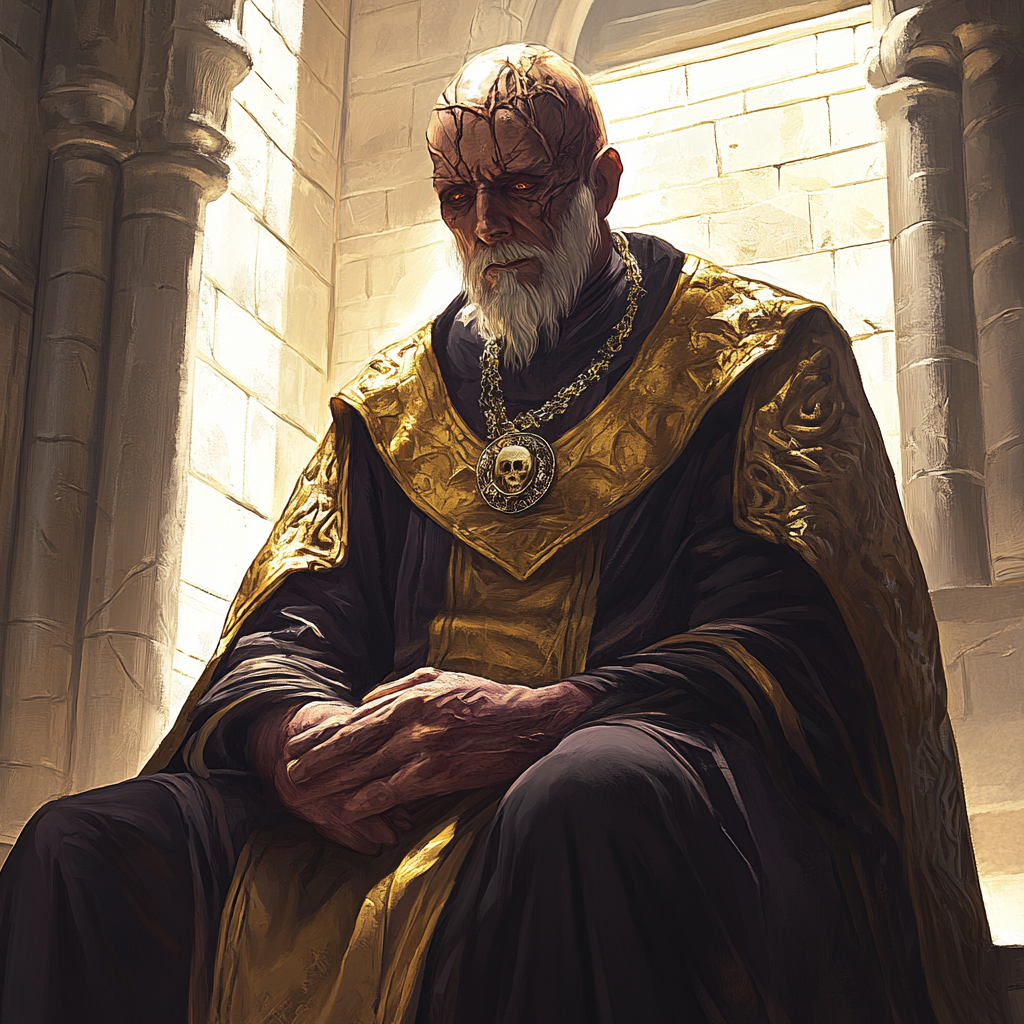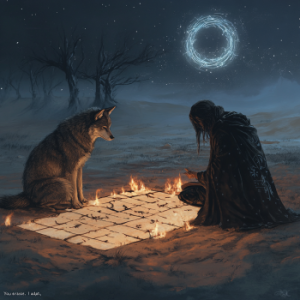
Imagine sitting down at the 3ConSoi table. Eyes dart, accusations fly, and beneath it all—unseen—lurks a player who wins by losing. Not the villain, not the hero, but a wild card: the Masochist. Their goal? To get eliminated. To be targeted. To take the fall and walk away victorious while everyone else is left questioning reality.
The Masochist is both meme and monster, beloved and reviled. If you’ve ever watched a game implode on Night 2, chances are a Masochist was smiling in the wreckage. This is their story—and why understanding them is the key to mastering advanced social deduction in the world of werewolf strategy [1].

In social deduction, everyone schemes for survival or conquest—except the Masochist. Their paradoxical aim to lose on purpose subverts expectations, turns table talk upside down, and warps every game’s dynamic. No one is ever sure: is this a plea, a ploy, or a masterstroke of psychological warfare?
The Masochist is a unique 3ConSoi role in the Game Design bucket, built entirely on self-sabotage. Unlike villagers or wolves, the Masochist wins only if eliminated—whether by lynch vote or night attack. Their survival to endgame guarantees their loss; their exit (by any hand) is personal victory. The very presence of a Masochist shatters familiar meta strategies, injecting paranoia and uncertainty into every round [2].
Introduced as a response to “solved” metas, the Masochist is the wrench that turns certainty into chaos. Ignore them and lose; target them and risk handing them the win; trust them and invite disaster [3].
“It’s the most chaotic role. Suddenly, every accusation and plea is suspect. Did they want that lynch? Was that confession a trap?”
— @ThreeConner, community mod

Traditional werewolf strategy rewards survival for villagers, aggression for wolves. The Masochist weaponizes reverse psychology and turns every logical assumption on its head:
“When the Masochist is in play, every lynch becomes an existential gamble. Paranoia isn’t a side-effect—it’s the win condition.”
— Dr. Chantal Moers, Game Theorist
Pro Tip: Flip alliances mid-game—ally, betray, and sow chaos. Every table is your stage, and victory is convincing others to throw you to the wolves.
No role has warped 3ConSoi’s meta quite like the Masochist. Games become “prisoner’s dilemmas” as every accusation could be a double-bluff. Meta evolves with “Masochist counters”—roles and tactics to flush out self-sacrificers [5]. Community memes, in-jokes, and even fatigue have reshaped how lobbies play and new players learn.
“Masochist games are legendary. Either you win in three days, or you don’t sleep at all.”
— @WolfTamer92, 3ConSoi Discord
Why is the Masochist so compelling—and so divisive? Psychology gives us answers. Sacrifice is a universal narrative, from Prometheus to modern heroes, and the Masochist weaponizes this myth in every round [6].
The Masochist is an ancient archetype. From Joan of Arc to trickster-martyrs like Loki or the Joker, culture celebrates the one who embraces loss for power [8]. Even in gaming, the “troll crewmate” in Among Us or inting Sion in League of Legends echoes the Masochist’s ethos [9].
The 3ConSoi design team conceived the Masochist as an antidote to predictable play. Developers needed a role that punished certainty and rewarded humility. Early versions risked stalling out rounds, so tools were refined for subtle play. Community feedback led to nerfs, buffs, and rare “dual victories,” making every Masochist game legendary [10].
“The Masochist was born from watching experienced players ‘solve’ the game. We needed something that made certainty dangerous. It’s not just a spoiler—it’s a lesson in humility.”
— Lead Designer @CodyT
Beyond the mechanics, the Masochist is woven into 3ConSoi lore as a tragic figure—cursed to seek downfall, haunting wolves and villagers alike. Famous names like Luka the Laughing Martyr and Masochist Queen Wen have become legends, teaching humility and cunning in every retelling. Easter eggs and fan tributes—like the hidden village statue—keep the spirit alive round after round.
The Masochist is more than a role—it’s a psychological bomb. Their presence forces everyone to question trust, strategy, and the very meaning of victory. Mastering werewolf strategy means understanding, detecting, or even embodying the Masochist. Because nothing terrifies a table more than a player who wants to be thrown to the wolves.
Ready to test your wits against the most diabolical role in 3ConSoi? Jump into a lobby featuring the Masochist, or visit our role overview to learn more. And don’t forget to share your wildest Masochist stories in the community forum.
“`